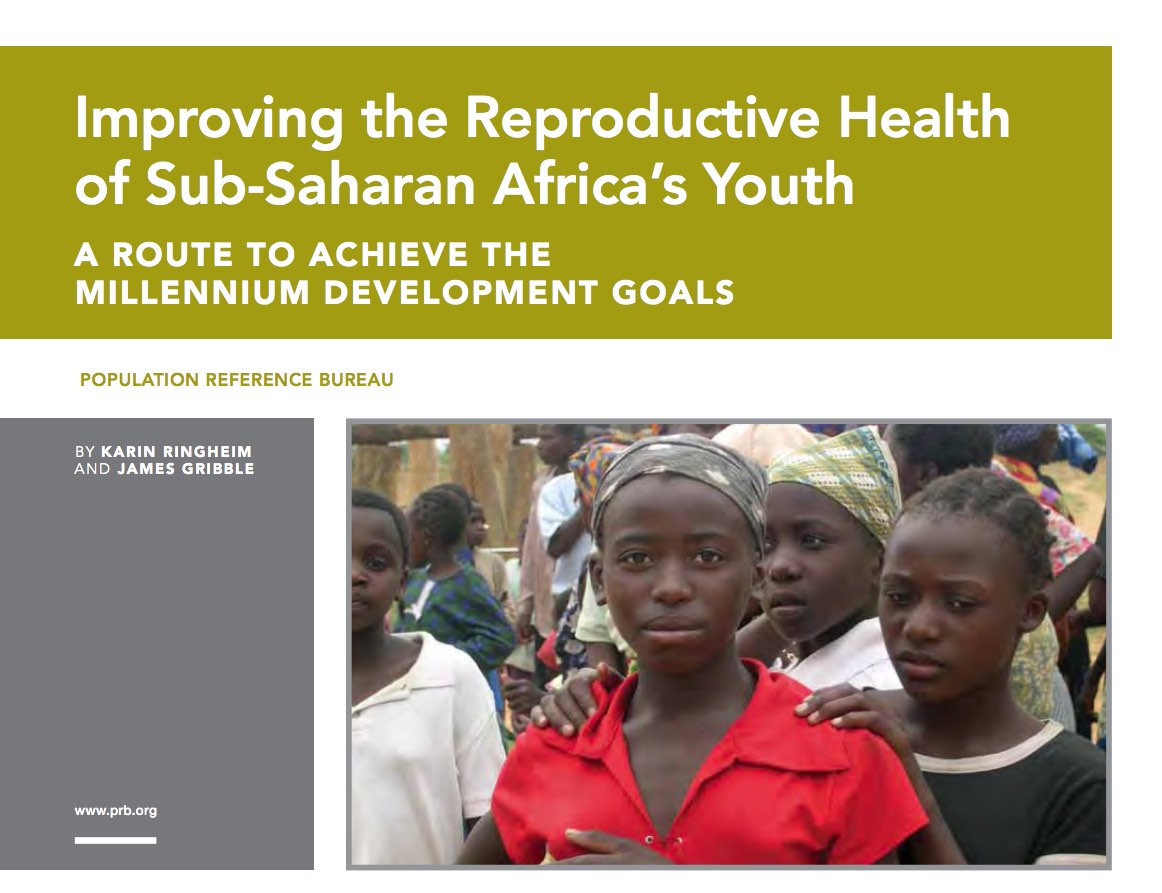Japan’s Demographic Future
(2010) The phrase "1.57 Shock" was widely used in Japan 20 years ago in reaction to the lowest fertility rate in the country's history.
(2010) The phrase "1.57 Shock" was widely used in Japan 20 years ago in reaction to the lowest fertility rate in the country's history.
Even before the massive earthquake in January 2010, Haiti's nearly 10 million people ranked as the poorest in the Western Hemisphere.
The Egyptian Health Ministry issued a decree on June 28, 2007, that officially banned female circumcision, also known as female genital mutilation (FGM) or female genital cutting (FGC).
(2007) States increasingly consider science and technology resources to be an asset in developing a strong economic advantage. As a result, strategies for training, attracting and retaining scientists and engineers have become more important state and national public policy issues.

What do data tell us about the people who live in Gaza and the West Bank?

(2010) Unintended pregnancies are widespread in the Middle East and North Africa (MENA), jeopardizing the health and well-being of women and their families.1 These unplanned pregnancies also exert an unnecessary burden on their countries' health systems and socioeconomic development.
(2003) Since gaige kaifang or "reform and opening" began in 1979, China has moved to integrate itself into the global economic system, attracting foreign investment and exporting its goods to the world. For this country of 1.3 billion people, economic integration has also required unprecedented mobility of its people and exposure to travelers from other countries.
(2001) In a 2001 report published by Amnesty International, a 27-year-old Ukrainian psychologist and social worker told of being trafficked to Israel.

PRB summarizes recent research supported by the National Institute on Aging (NIA) of the National Institutes of Health, highlighting its implications for individuals and society.